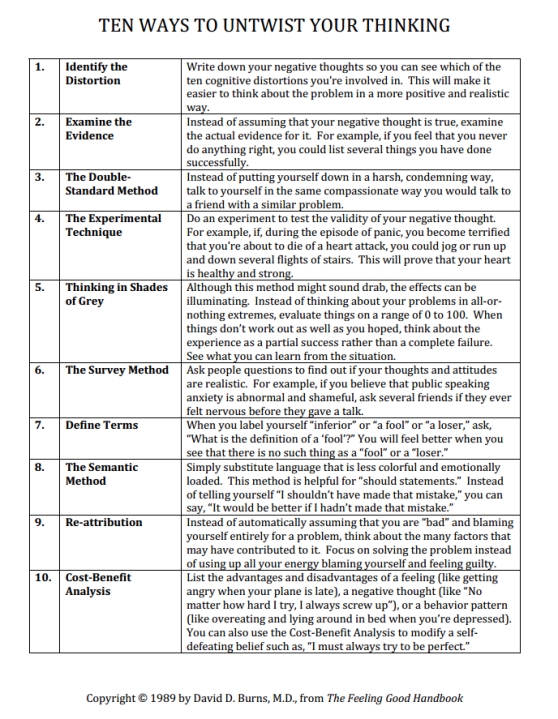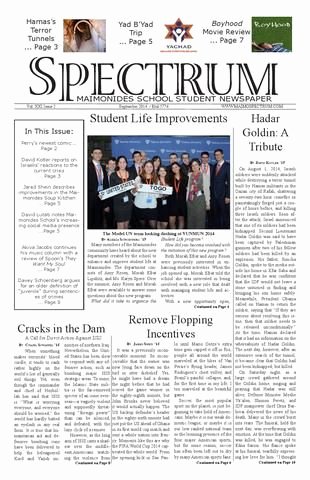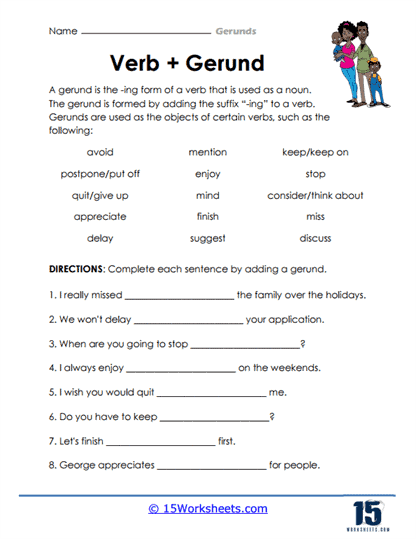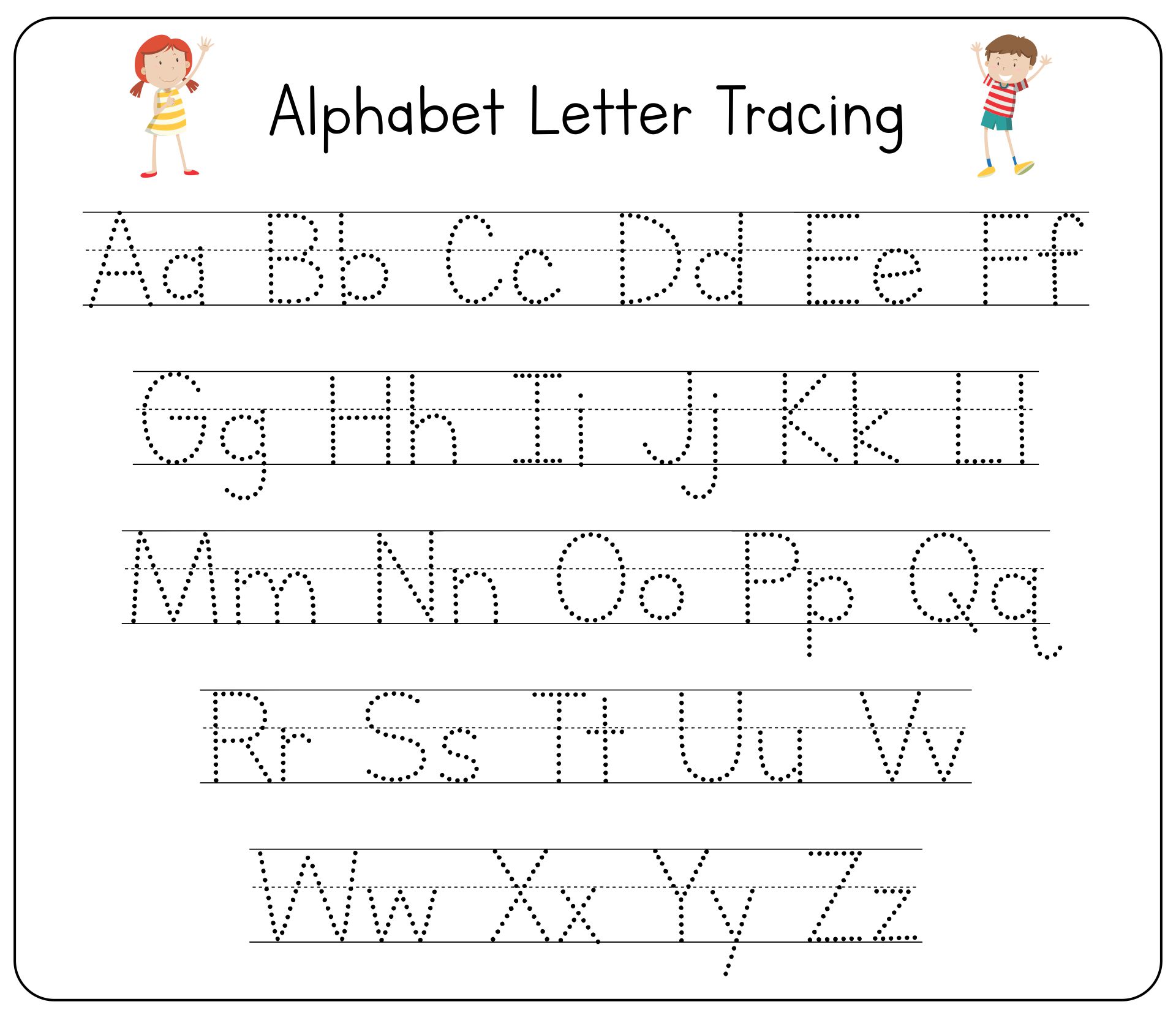5 Ways to Challenge Cognitive Distortions

What are Cognitive Distortions?
Cognitive distortions are inaccurate or distorted ways of thinking that can lead to negative emotions and behaviors. They are often unconscious and can be challenging to recognize, but becoming aware of them is the first step towards changing them. In this post, we will explore five ways to challenge cognitive distortions and improve your mental well-being.
Identifying Cognitive Distortions
Before we dive into the ways to challenge cognitive distortions, it’s essential to understand what they are and how to identify them. Cognitive distortions can take many forms, including:
- All-or-nothing thinking: seeing things in black and white, with no middle ground
- Catastrophizing: expecting the worst-case scenario
- Overgeneralizing: making sweeping conclusions based on limited evidence
- Mind reading: assuming you know what others are thinking
- Fortune telling: predicting the future with certainty
These are just a few examples of cognitive distortions. To challenge them, you need to become aware of your thoughts and learn to recognize when you’re engaging in distorted thinking.
5 Ways to Challenge Cognitive Distortions
Here are five ways to challenge cognitive distortions and improve your mental well-being:
1. Keep a Thought Record
Keeping a thought record can help you become more aware of your thoughts and identify patterns of distorted thinking. Write down your thoughts, especially those that trigger negative emotions, and examine them for distortions. Ask yourself:
- Is this thought really true?
- Is there another way to look at this situation?
- What evidence do I have for this thought?
By examining your thoughts in this way, you can begin to challenge cognitive distortions and develop more balanced thinking.
2. Practice Mindfulness
Mindfulness can help you become more aware of your thoughts and emotions in the present moment. By paying attention to your thoughts without judgment, you can learn to recognize when you’re engaging in distorted thinking. Try mindfulness exercises such as meditation or deep breathing to help you stay present and focused.
3. Reframe Negative Thoughts
Reframing negative thoughts involves identifying distorted thinking and replacing it with more balanced and realistic thoughts. For example, if you’re thinking “I’ll never be able to do this,” you could reframe it as “I’ll learn and grow from this experience.” By reframing negative thoughts, you can begin to challenge cognitive distortions and develop more positive thinking.
4. Seek Social Support
Talking to friends, family, or a therapist can help you challenge cognitive distortions and develop more balanced thinking. Sometimes, just sharing your thoughts with someone else can help you see things from a different perspective. Don’t be afraid to seek social support when you need it.
5. Practice Self-Compassion
Practicing self-compassion involves treating yourself with kindness and understanding, even when you’re engaging in distorted thinking. Remember that everyone experiences cognitive distortions from time to time, and it’s okay to make mistakes. By practicing self-compassion, you can learn to be more gentle with yourself and develop more balanced thinking.
Overcoming Cognitive Distortions
Overcoming cognitive distortions takes time and practice, but it’s worth the effort. By becoming more aware of your thoughts and learning to challenge distorted thinking, you can improve your mental well-being and develop more positive relationships with others.
💡 Note: Challenging cognitive distortions is not about suppressing or denying your thoughts, but about learning to recognize and reframe them in a more balanced and realistic way.
In conclusion, cognitive distortions are a common experience for many people, but they don’t have to control your life. By learning to recognize and challenge distorted thinking, you can develop more balanced thinking and improve your mental well-being. Remember to practice self-compassion and seek social support when you need it, and don’t be afraid to try new things.
What are cognitive distortions?
+Cognitive distortions are inaccurate or distorted ways of thinking that can lead to negative emotions and behaviors.
How can I challenge cognitive distortions?
+You can challenge cognitive distortions by keeping a thought record, practicing mindfulness, reframing negative thoughts, seeking social support, and practicing self-compassion.
Is it possible to overcome cognitive distortions?
+Yes, it is possible to overcome cognitive distortions with time and practice. By becoming more aware of your thoughts and learning to challenge distorted thinking, you can develop more balanced thinking and improve your mental well-being.



